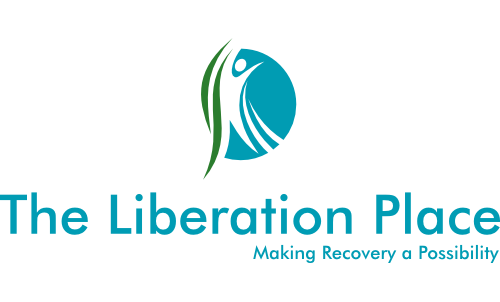The Schema of Failure
When the schema of Failure is activated in our personality system, it leaves us with the basic belief that we’ve already failed, sooner or later we’re bound to fail, or that we’re simply not measuring up in respect to the achievements of the people around us in whatever it is we’re trying to do. These stories can play out in lots of different areas of life. For example, it can show up in our schoolwork, in our career, in any of the personal projects we take on, in our sporting endeavours, and even in the way we’re generally living our lives on a day-to-day basis. The activation of this schema often revolves around some sort of external factor, something that we’re trying to do that basically doesn’t go the way we want it too. When this happens, we don’t see things from the Healthy Adult point of view that it’s the action that we’re taking that’s failed, our own Internal Critics generate the belief, “I am the failure,” not the action.
The narrative that’s connected to this schema often takes on a demeaning and demanding tone, pushing the belief that we’re stupid, inept, untalented, lower in status, not good enough, or less successful than we’re supposed to be. As I said before, the primary antagonists that are fuelling this particular schema are our own internal critics. These dominant parts of our personality are generating the narrative of, “I am a failure” which is an internalized version of something we experienced in the environment when we were young. In other words, this schema is usually created in childhood environments where we were either heavily criticized for failing, where we felt like we didn’t measure up to our siblings or our peers because we were different or not good enough, or in an environment where we believed that nobody of significance cared about any of our achievements.
“My relationship with failure was one that had me debilitated by fear, mainly because when the action I was taking failed, I made it mean that it was me that was the failure, and not the action failing.”
~Steven Morris RP
For me, failure was not a Primary Schema in my system. However, it was one of the Schema I’d fall into, somewhere in the process, particularly when things weren’t going the way I wanted them to go. I often found myself struggling with the stories that were connected to me being a failure in many of the challenging times of my life. I grew up in a house that didn’t necessarily expect success, it was just the way that it was. The problem for me was that I didn’t feel like I had the skills I needed to achieve the things I saw as a representation of this success. My internal critics had a hold on me that was fueled by the shame connected to my Primary Schema of Defectiveness, which continually took me into stories of failure that kept me trapped in the avoidance of addictive, compulsive, and obsessive coping mechanisms.
I couldn’t differentiate between the actions I was taking, and the person I was being. I had an understanding that if the thing I was doing was failing, then it was automatically a damning indictment of who I was a person. This was born out of my own unmet childhood needs revolving around autonomy. I didn’t have the confidence to “get stuck in” when things got hard because. Growing up, I was never allowed to figure these things out, it was always done for me. While I truly do recognize that these actions were taken out of love, and there was definitely no malice that was intended in their purpose, it left me with a fear that I was unable to do things when they started getting difficult to do, and my internal critics had a narrative that I’m the failure, I should be ashamed of myself, I was an embarrassment for not being able to do these things, and I was always going to be this way because I was defective at my core.
Learning how to build an understanding for actions that were failing was key to changing this narrative. Using the skills of DBT to handle the distress that moved into my system when this schema was present was also fundamental. Building my ability to work with my own internal critics through the use of emotion regulation skills like Checking the Facts and Planning Ahead to Build Mastery is how I turned my critics into coaches. And, embracing the guilt associated with actions that compromised my values helped me to be the person I wanted to be, in areas of life that were important to me, and live a life that lined up with my true core values and beliefs. At the same time, Paying Attention to Positive Events helps me notice the things I’m achieving that debunk this particular schema, and keeps me Living the Life I want to Live.
Download the Schema of Failure Worksheet
Follow us on Social Media





